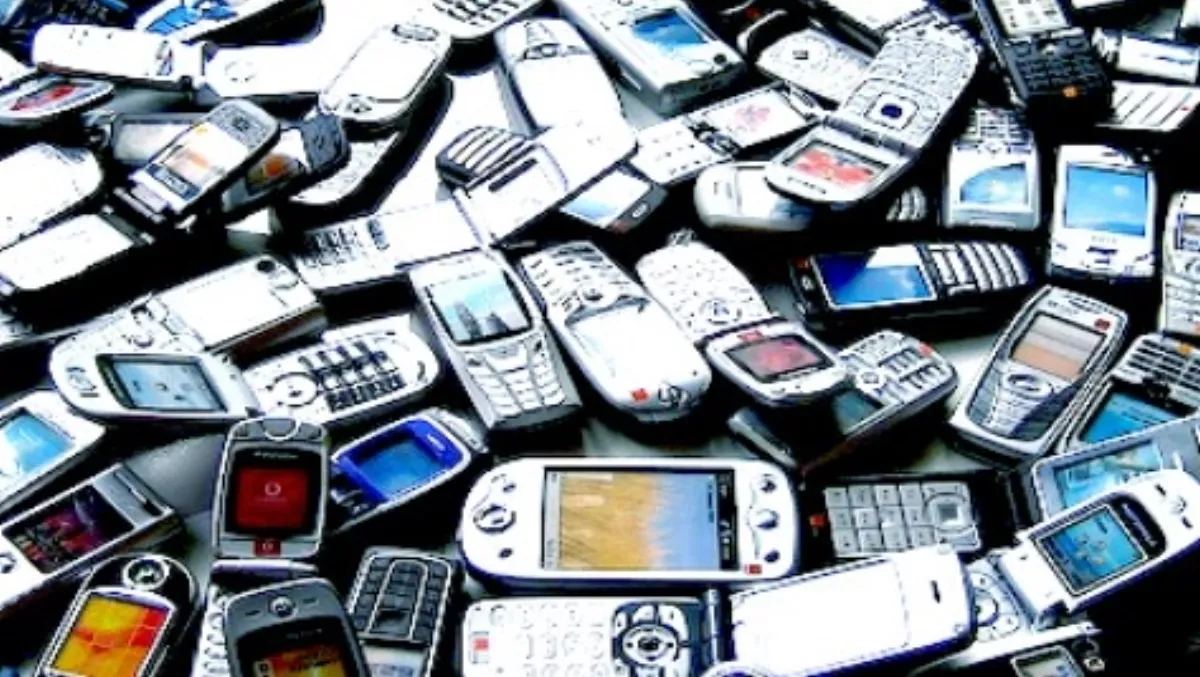
Smartphones and other electronic goods were among the most common fakes intercepted by New Zealand Customs in 2014, with Customs warning counterfeit electronics could be dangerous.
Customs made over 400 interceptions of counterfeit goods last year, totalling over 43,000 branded items. The most common fakes were branded sports clothes and caps, clothing, smartphones and accessories, footwear and toys from children's films. Jonathan Morten, Customs manager, says one shipment alone intercepted at the end of last year had over 14,000 goods ranging from counterfeit children's watches, hats and walkie-talkies to dolls and toys – all of which was forfeited by the importer. “Customs' role is to intercept any suspected counterfeit goods and report it to the rights holder for action,” Moprten says. “We do this for about 300 intellectual property rights holders so far, and we would encourage others to lodge protection notices with Customs.” Electronic goods such as smartphones, phone accessories and branded headphones and speakers were the second most common items with over 70 interceptions of more than 7,200 electronic products last year.
Clothes and clothing accessories were the most common items, with over 230 interceptions of almost 14,000 sports-branded hats, vests, t-shirts, and themed clothes including onesies. Footwear was also popular with over 2,200 pairs intercepted.
Other items included furniture and household items, cosmetics and perfumes.
Morten says the fakes are often sold at markets, discount shops and online. “Counterfeiters rapidly churn out fakes to keep up with market trends and it's getting harder to tell them from the real deal. It's recommended that online buyers use trusted and licensed websites to avoid being ripped off.” He says “it's important for buyers to be aware that the fakes will always be of much poorer quality and in many instances, especially for electronic equipment, may not meet safety standards and be dangerous to use.” It is an offence under the Trade Marks Act to counterfeit a registered trade mark or import or sell goods with a falsely applied registered trade mark. Maximum penalties are five years' imprisonment or a $150,000 fine.
